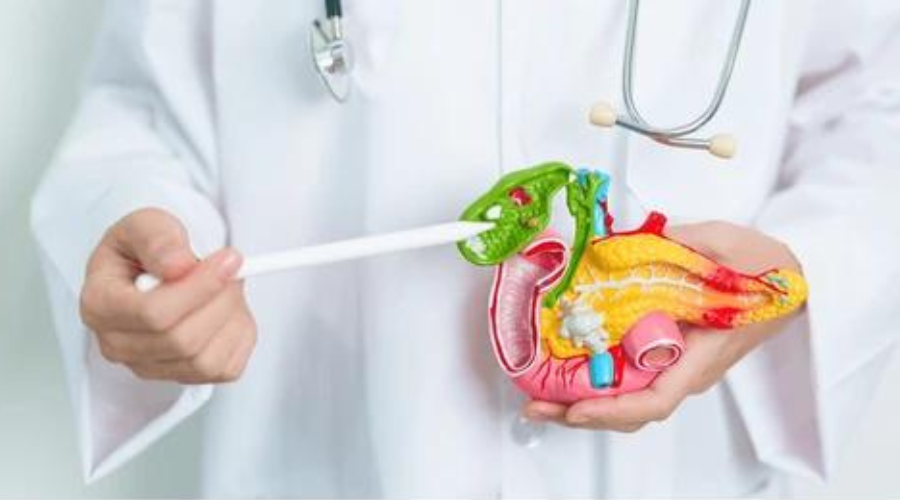
Comprehensive Guide to Gallbladder Problems and Treatment in Guntur
Living Without a Gallbladder
Gallbladder removal, known as cholecystectomy, is a routine procedure that allows individuals to live comfortably without their gallbladder. While the gallbladder stores bile to aid digestion, after surgery, bile flows directly from the liver to the intestines. Although the concentration of bile is less, most people adapt well over time. Dr. Varun provides detailed insights into how patients can manage their digestive health post-surgery, ensuring minimal disruption to daily life.

“You can live well without a gallbladder. With some adjustments, most people maintain a healthy life post-surgery.”
Post-Surgery Digestive Changes
After gallbladder removal, the body still digests fats, but changes in digestion are common. Some patients may experience symptoms such as bloating, diarrhea, or discomfort, particularly after consuming fatty or greasy foods. This occurs because bile is less concentrated without the gallbladder’s storage function. To manage these symptoms, Dr. Varun recommends adopting a low-fat diet, which reduces strain on digestion and helps alleviate discomfort. Over time, the digestive system often adapts, and symptoms improve significantly for most patients.
Dr. Varun emphasizes the importance of follow-up care after cholecystectomy. Regular check-ups can help monitor digestive health and ensure any complications are managed early. Personalized dietary advice is crucial, as each patient’s response to surgery can vary. With tailored care and dietary adjustments, most patients can quickly return to normal activities and enjoy a full, healthy life post-surgery.
Potential Long-Term Effects
While most patients adapt well, some individuals may experience long-term effects following gallbladder removal. A small percentage of patients may develop bile acid diarrhea, where excess bile acids cause loose stools. Others may experience difficulty absorbing certain nutrients, particularly fat-soluble vitamins such as A, D, E, and K. Dr. Varun advises patients to maintain a balanced diet and, if necessary, take supplements to ensure optimal health.
Conclusion
In conclusion, living without a gallbladder is entirely possible, and most individuals adjust well over time. Some digestive changes may occur, but with dietary modifications and regular medical care, patients can lead healthy, active lives. Dr. Varun stresses the importance of proper guidance, which ensures a smooth recovery and a successful long-term outcome following gallbladder removal.
